As ships navigate through the world’s oceans, seas, and waterways, they rely on skilled professionals to guide them safely to their destinations. One such professional is a marine pilot, whose job is to assist vessels in navigating through waterways and ports, ensuring the safety of the ship, crew, and cargo. In this article, we will explore the role of a marine pilots, their responsibilities, and the skills required to excel in this profession.
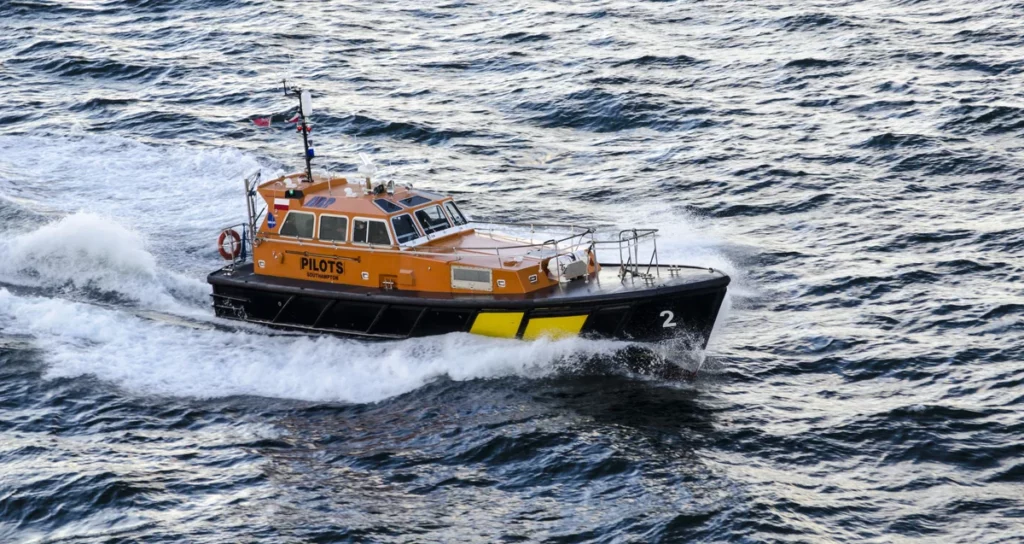
What is a Marine Pilot?
A marine pilot is a professional navigator who is responsible for guiding ships through complex waterways, harbors, and ports. Marine pilots are hired by ship owners, operators via a port agent, and port authorities to ensure the safe and efficient passage of ships. They are experts in local waterways, and their knowledge and expertise help to avoid collisions, groundings, and other accidents.
History of Marine Piloting
The history of marine piloting can be traced back to ancient times when experienced seafarers were employed to guide ships through dangerous waters. However, the formal profession of marine piloting emerged in the late 17th century when the British Parliament passed the Act for the Better Preservation of Navigation. This act mandated the use of pilots to guide ships into British ports and waterways.
The Role of a Marine Pilot
The primary responsibility of a marine pilot is to guide ships safely through complex waterways, harbors, and ports. This involves boarding the ship before it enters the port and providing navigational advice to the ship’s captain and crew. Marine pilots are experts in local waterways, and their knowledge and expertise help to ensure the safe and efficient passage of ships.
Other responsibilities of a marine pilot may include:
- Assessing weather and tidal conditions and their impact on the ship’s passage
- Communicating with port authorities, tug operators, and other vessels in the area
- Navigating through restricted waterways and avoiding hazards
- Ensuring compliance with local laws and regulations
- Monitoring the ship’s speed and direction
- Providing assistance with docking and undocking procedures
Additionally, marine pilots must be able to communicate effectively with ship captains and crew who may not speak the same language. They must also have excellent decision-making skills and be able to make quick and accurate decisions in high-pressure situations. The job of a marine pilot requires a high level of expertise, knowledge, and experience, as well as a commitment to safety and professionalism.
Furthermore, the relationship between a marine pilot and the ship’s master is essential for a successful voyage. As we discussed in our previous article on the master-pilot relationship, the pilot’s role is to provide navigational advice and expertise, while the master is ultimately responsible for the safety of the ship and its crew. Clear communication and collaboration between the two are crucial to ensure a safe and efficient voyage.
In conclusion, the job of a marine pilot is challenging and demanding, requiring a unique set of skills and expertise. However, for those who are passionate about maritime navigation and have a commitment to safety and professionalism, it can be a rewarding and fulfilling career.
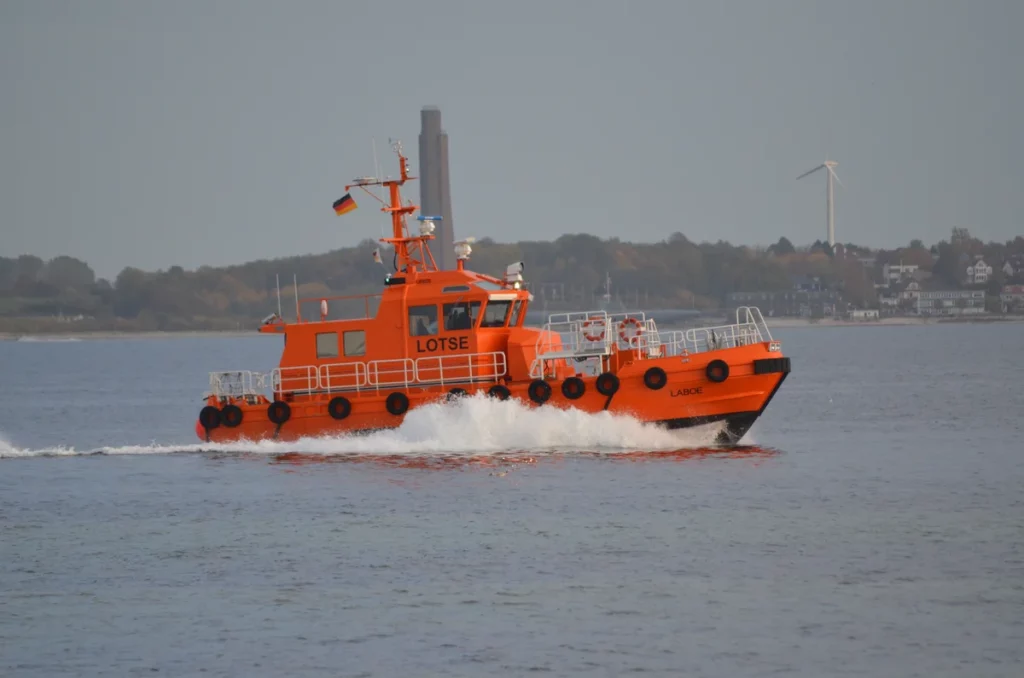
Requirements to Become a Marine Pilot
To become a marine pilot, you need to meet certain requirements. These may vary depending on the country, state, or province in which you want to work. However, some common requirements include:
- A high school diploma or equivalent
- A bachelor’s degree in marine transportation, maritime studies, or a related field
- A minimum of 3-5 years of experience as a ship captain or officer
- A valid captain’s license or equivalent certification
- Excellent communication, problem-solving, and decision-making skills
- Good physical fitness and agility
The Training and Certification Process
The training and certification process for marine pilots can vary depending on the country, state, or province in which you want to work. However, some common steps include:
- Completing a bachelor’s degree in marine transportation, maritime studies, or a related field
- Acquiring a minimum of 3-5 years of experience as a ship captain or officer
- Applying for a marine pilotage apprenticeship or training program
- Passing a series of written and practical exams
- Obtaining a pilot’s license or certification
- Completing ongoing training and continuing education
The Job Outlook and Salary of a Marine Pilot
The job outlook for marine pilots varies depending on the region and industry. In general, the demand for marine pilots is expected to increase in the coming years due to the growth of international trade and the expansion of ports and waterways. According to the Bureau of Labor Statistics, the employment of water transportation workers, including marine pilots, is projected to grow by 3 percent from 2020 to 2030.
The salary of a marine pilot also varies depending on the region, industry, and experience. According to Salary.com, the average annual salary for a marine pilot in the United States is $126,169, with the top 10 percent earning more than $200,000 per year.
The Advantages and Disadvantages of Being a Marine Pilot
Like any profession, there are advantages and disadvantages to being a marine pilot.
Advantages:
- The opportunity to travel and see different parts of the world
- The ability to work outdoors and enjoy the sea breeze
- The satisfaction of guiding a ship safely through complex waterways
- A high level of responsibility and autonomy
- The potential for a high salary and job security
Disadvantages:
- The risk of accidents and injuries
- Long periods away from home and family
- Irregular work schedules and long hours
- High stress and pressure
- Limited career advancement opportunities
The Challenges of Being a Marine Pilot
Being a marine pilot can be a challenging profession, and it requires a high level of skill, knowledge, and experience. Some of the challenges that marine pilots face include:
- Navigating through unfamiliar waterways and ports
- Dealing with adverse weather conditions and rough seas
- Communicating effectively with ship captains and crew who speak different languages
- Making quick and accurate decisions in high-pressure situations
- Maintaining a high level of alertness and attention to detail for extended periods of time
The Benefits of Being a Marine Pilot
Despite the challenges, being a marine pilot can be a rewarding profession. Some of the benefits of being a marine pilot include:
- The opportunity to work in a dynamic and challenging environment
- The chance to work with a diverse group of people from around the world
- The satisfaction of contributing to the safe and efficient movement of goods and people
- The potential for a high salary and job security
Marine Piloting and the Environment
As the global focus on environmental sustainability grows, the role of marine pilots is becoming increasingly important in reducing the environmental impact of shipping. Marine pilots are responsible for ensuring ships comply with local and international environmental regulations and guidelines, such as reducing emissions and preventing
The Future of Marine Piloting
The future of marine piloting is closely tied to the growth of international trade and the expansion of ports and waterways. As shipping becomes more automated and technology-driven, the role of marine pilots may evolve, but their expertise and knowledge of local waterways will continue to be essential for ensuring safe and efficient navigation.
Conclusion
Marine piloting is a challenging and rewarding profession that requires a high level of skill, knowledge, and experience. Marine pilots play a critical role in ensuring the safe and efficient movement of goods and people around the world, and their expertise and knowledge of local waterways are essential for avoiding accidents and protecting the environment.
FAQs
What is the difference between a marine pilot and a ship captain?
A marine pilot is responsible for guiding a ship through complex waterways, harbors, and ports, while a ship captain is responsible for the overall operation of the ship.
How long does it take to become a marine pilot?
The training and certification process for becoming a marine pilot can take several years, depending on the country, state, or province in which you wish to work. Generally, it involves several years of training, apprenticeship, and certification exams.
What are the education requirements for becoming a marine pilot?
The education requirements for becoming a marine pilot vary depending on the region and industry. In general, a high school diploma or equivalent is required, and many marine pilots have a bachelor’s degree in marine transportation, nautical science, or a related field.
Is being a marine pilot a dangerous job?
Being a marine pilot can be a dangerous job due to the risk of accidents and injuries. Marine pilots must work in all types of weather conditions and navigate through complex waterways and ports, which can be challenging and risky.
What skills are necessary to become a marine pilot?
To become a marine pilot, you need a combination of technical, communication, and decision-making skills. You must be able to navigate ships through complex waterways, communicate effectively with ship captains and crew who speak different languages, and make quick and accurate decisions in high-pressure situations. Additionally, attention to detail, situational awareness, and strong critical thinking skills are essential.
- Sustainable and Luxurious: Discovering Split’s Yachting Paradise – April 26, 2024
- MarineTraffic vs VesselFinder: Which Is Better Vessel Tracking Service? – February 14, 2024
- Port Costs: A Comprehensive Guide to Port Dues and Fees for Cargo Ships – February 12, 2024


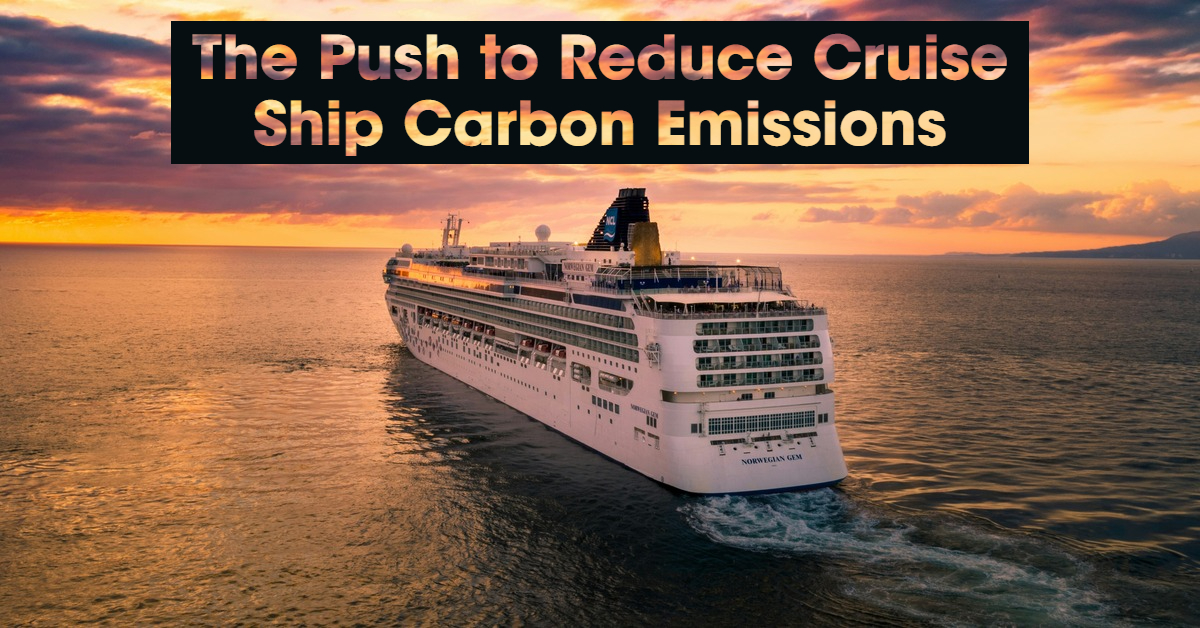
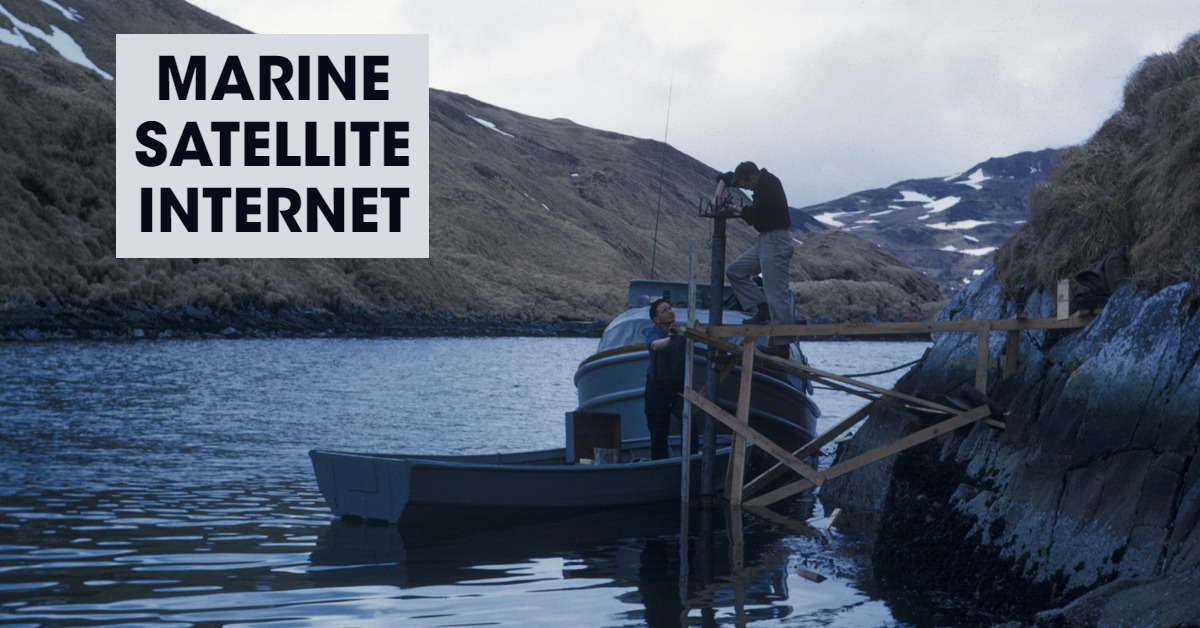
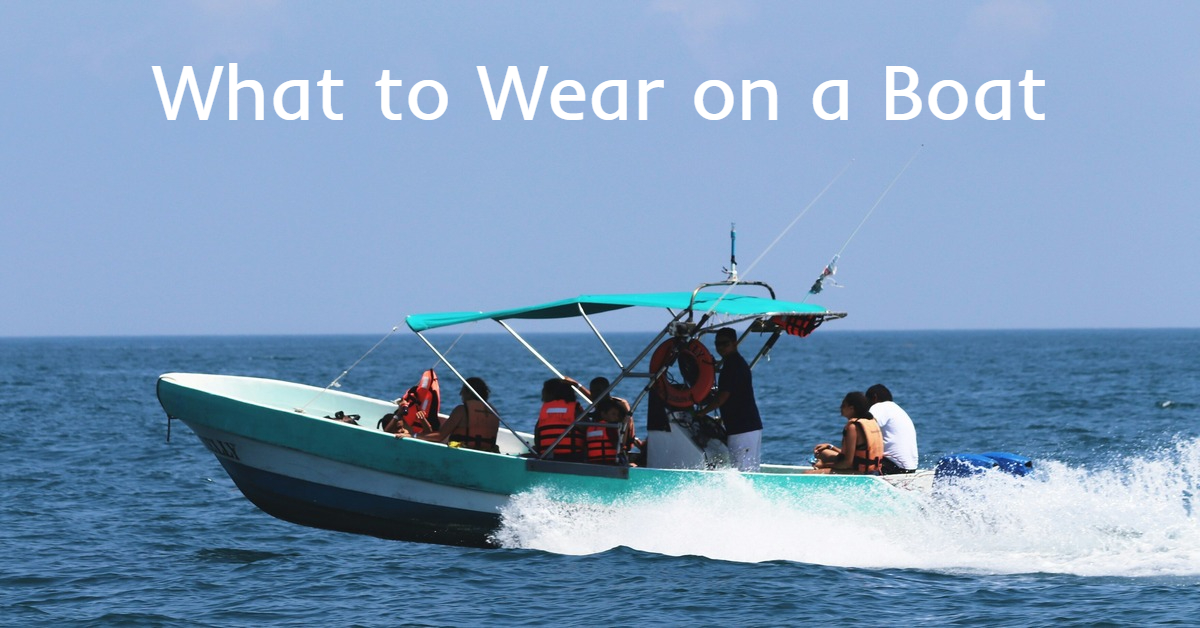
Leave a Reply